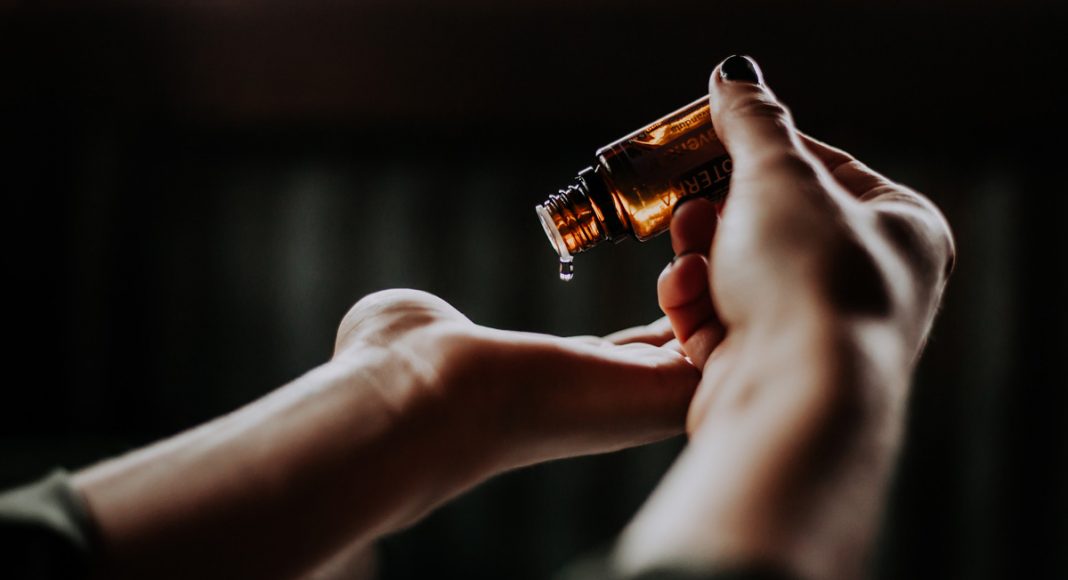Just like the açai craze, CBD is now being added to anything and everything by companies that are desperately trying to cash in. So, how do you differentiate products that have genuine health benefits from the snake oil with irrelevant amounts of questionably-sourced CBD?
Let’s start with Omax Health. They recently announced the launch of their first CBD fusion product called Phyto-Max Stress Remedy, which the company claims is designed to alleviate stress. Their product description uses a lot of consumer-friendly adjectives like “premium” and “pure,” but it does not say where the CBD comes from, or if it is even full spectrum.
https://www.instagram.com/p/BkiILnOhW_I/?taken-by=omaxhealth
Their product also says Omax Health is at the forefront of the emerging CBD market. This. Is. Not. True. Any company that is debuting a CBD product in 2018 is late to the game. Marketing people get paid a truckload of money to come up with these stories, because they sell.
Their claim is about as valid as every food and beverage company suddenly slapping a “gluten-free” label on everything to gain sales. (Gluten-Free bottled water? Really?)
A quick perusal of their website reveals they are primarily a fish-oil company that appears as if they are attempting to expand.
While Omega oils are known to have positive qualities, hemp oil is rich in a number of them. There is no reason to add omegas to hemp oil (or vice versa), because hemp oil is a rich enough nutrient without them.
Green tea is also a dubious additive because it is more of a stimulant than a relaxant. This product is being marketed as a stress reliever and calming agent. (“I enjoy a relaxing cup of green tea right before bedtime,” said no one ever.) Green tea contains caffeine and is usually taken to help focus, not calm the mind.
There are a number of ingredients in tea that have positive effects, and L-Theanine is one of them. It can be found in almost all tea.
“The original research done by the founders of Vipova Tea, which was acquired by Lexaria BioScience last year, included the realization that there could be synergies between tea and hemp oil. So the mix, in general, is a good one,” said Chris Bunka, CEO of parent company Lexaria.
https://www.instagram.com/p/9HNw1-uAWv/?tagged=vipova
Therefore, while it is probably better than drinking tea without CBD, it makes more sense to drink a cup of calming tea, such as chamomile, after taking a couple squirts of a reputable brand of CBD, such as Charlotte’s Web. Swallowing a couple of capsules of CBD, such as Turbo CBD, with a cup of tea or water, is also a better idea.
The words “multi-spectrum,” or “full spectrum,” are the key words to look for in CBD product packaging. There are too many companies out there using CBD isolate, because it is simple to work with, and has virtually no flavor or aroma. However, if the consumer does not receive multi-spectrum oils, then the health benefits are significantly reduced.
-
Related Story: Is Medical Marijuana Harmful To Dental Health?
“Until, and unless, companies can verify they use multi-spectrum oil, verify whether they are using any isolate, and verify the source of the CBD/hemp, most consumers are far better off drinking whatever tea they might normally drink, and supplement their CBD from a purer source,” said Bunka.
Omax sells their Stress Remedy with CBD for $99.99 for a pack of sixty.
For $100, depending on what supplemental effect is desired (calming, focus), a blend such as Turbo CBD, which contains 15mg of proprietary CBD, within 50mg of full spectrum hemp oil, plus 200mg of Ginseng and 80mg Ginkgo Biloba, is probably a better bang for the buck.
Don’t get caught up in the CBD craze without trying to find products that fit your individual needs.


